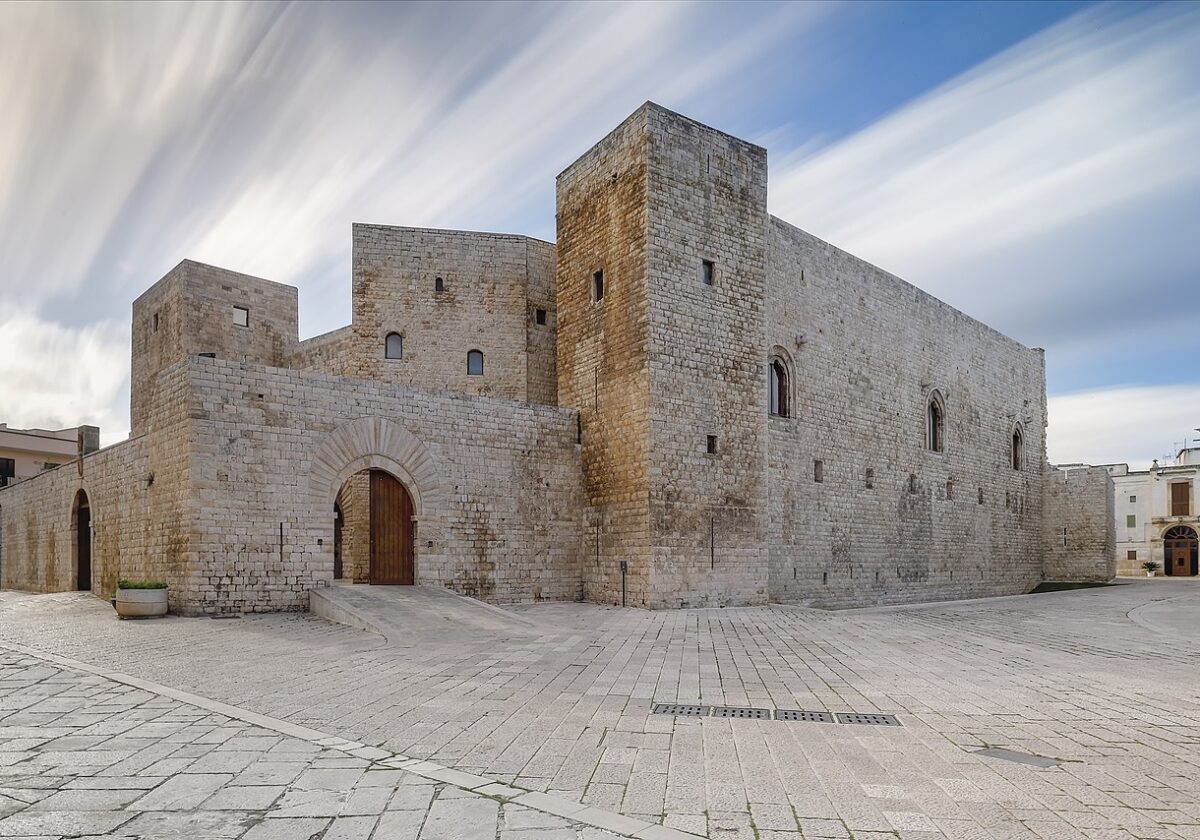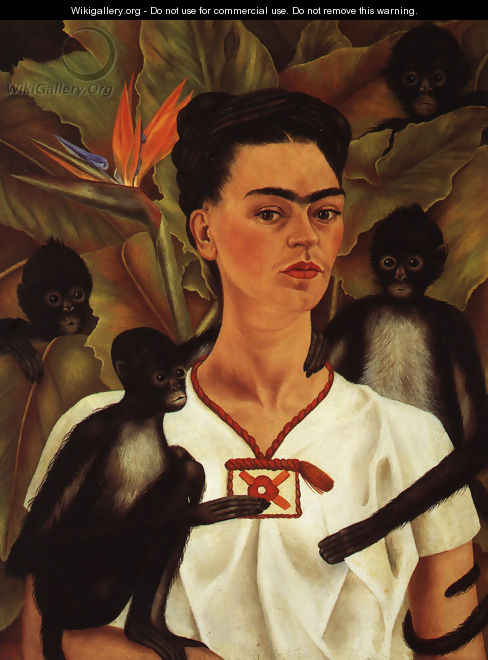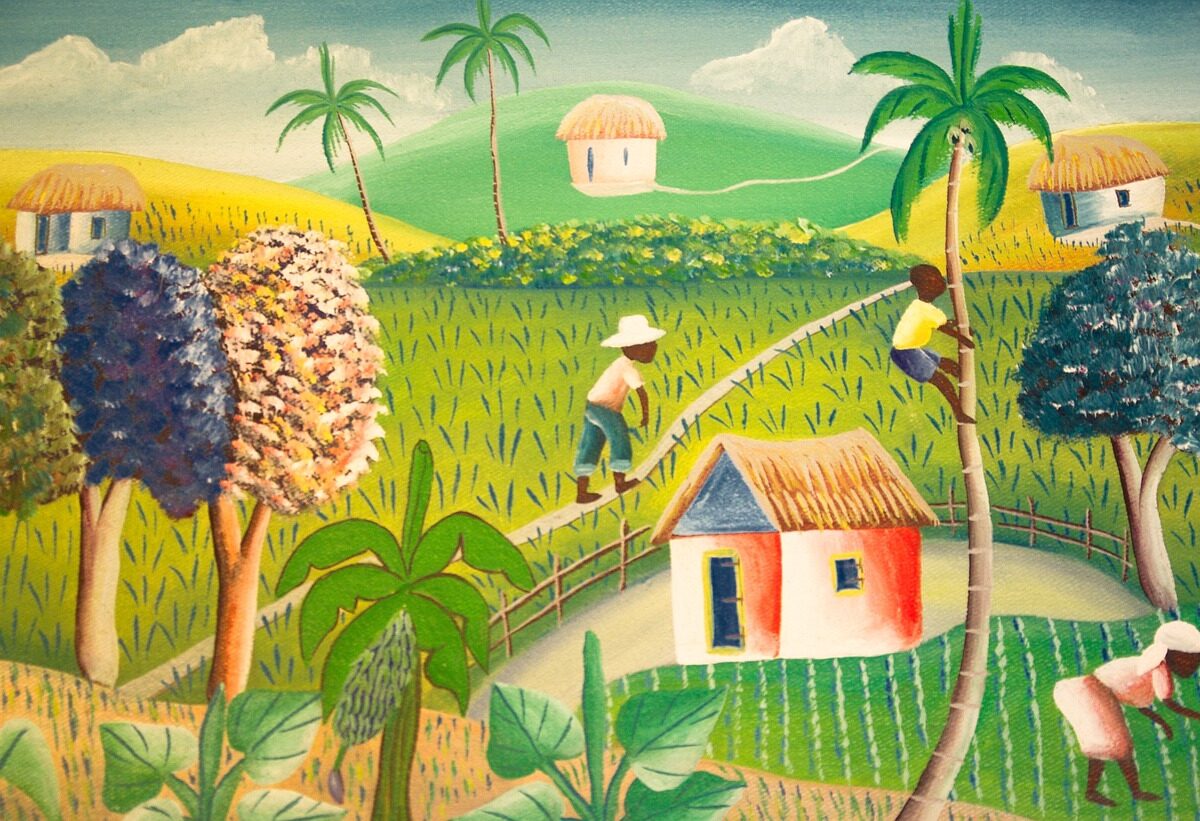Allende’s latest novel, ‘Ines of My Soul,’ tells the tale of a real life Spanish seamstress, Ines Suarez, who wielded the sword as well as the needle, beheading her enemies, pulling arrows from soldiers’ flesh, divining water in the desert and captivating the heart of Chilean conqueror Pedro de Valdivia
MIAMI – The Associated Press
Chilean author Isabel Allende’s 1982 best-seller “House of Spirits” helped generate a wave of Latin American literature featuring heroines who dared cross geographic, political and social boundaries.
Now, the grande dame of Latina lit, whose books have been translated into 27 languages, is going back — way back — to the 16th century.
Her latest novel, “Ines of My Soul,” tells the tale of a real life Spanish seamstress, Ines Suarez, who wielded the sword as well as the needle, beheading her enemies, pulling arrows from soldiers’ flesh, divining water in the desert and captivating the heart of Chilean conqueror Pedro de Valdivia.
Like Allende’s last novel, “Zorro,” her new work is an action-packed view of the New World, closer in style to “Treasure Island,” than the magical realism of “House of Spirits.” It is being published this month in Spanish and English by Harper Collins.
Allende is not alone in her voyage back in time to the Spanish Conquest.
In September, Harper Collins’ Rayo division released the English version of Nicaraguan poet and author Giocanda Belli’s “The Scroll of Seduction,” the story of the 16th century Spanish Queen Juana of Castile. Belli mixes the tale of the queen, better known as Juana the Mad, with the obsessive love story between a modern day history professor and a teenage orphan.
Earlier this year, Simon & Schuster’s Atria Books published “Malinche,” by Laura Esquivel, author of “Like Water for Chocolate,” about the Aztec woman who helped Hernan Cortez conquer Mexico.
“People say, ‘Why is everyone writing historical novels?”‘ joked Allende, who will present her book at the Miami Book Fair International this week along with Belli. “We don’t call each other and say ‘Hey, I’m writing about this.’ It just happens to be in the air.”
Mitchell Kaplan, the Miami fair’s co-founder and owner of the four-store Books & Books chain, says the latest releases by Allende and Belli highlight the growing interest of major U.S. publishing houses in Hispanic literature both in English and Spanish. The authors will be reading in English from their books, a reminder that their influence now reaches far beyond the niche of “Latin American literature.”
Both Allende and Belli see parallels in the Spanish conquerors’ search for gold and today’s tensions over oil in the Middle East.
“Greed has been the great motivation in history — greed and power and sex are the great driving forces of men,” Allende said.
Belli adds another theory.
“When one is in a situation in a world so convoluted as this one is, it’s difficult to get distance and write about the situation. It’s a way to get perspective and decipher what is happening,” she said.
Juana’s story highlights how little the situation has changed for many women, Belli said. The queen is locked away for 40 years and manipulated first by her husband, then by her father and eventually her son, the Emperor Charles V.
“In some Arab countries, women are still kept in the home. What happens under the Taliban isn’t much different from what Juana faced. It seems unbelievable that 500 years later, women are still punished for their passion and for not following the rules,” Belli said.
The two novels show the flip side of women’s lives during the Spanish conquest. In Spain, Juana is called crazy when she refuses to choose between love and power.
“She is the opposite of Elizabeth I, who had to renounce her sexuality and femininity to succeed as a ruler,” Belli said.
Juana’s struggle is internal.
“I waged war for all those whom I loved. It was for me that I did not fight for,” Juana says from her prison cell. “So much have I lost that I no longer care. Yet I have one last endeavor: to win myself for myself.”
Allende shows what it took for a woman to survive on the other side of the castle walls — and the world.
During one battle in Chile, Ines describes coming face-to-face with an Indian tribal leader.
“I remember that we faced each other — he with a short lance and I with the sword I had to lift with both hands — each crouched in identical postures, each furiously yelling terrible war cries, each with eyes boring into the other’s…”
Ines, too, is betrayed by Valdivia, but in the New World, at least, it seems a woman could still carve out her own identity. Ines eventually discovers love and marriage with the Chilean governor, while Valdivia falls victim to his own avarice — forced to drink the molten gold he fought for.
Allende refuses to gloss over the brutality of the soldiers while still drawing them as compelling characters. She describes the Mapuche, Inca and other tribes with detail but avoids whitewashing their violent acts.
“I tried not to be partial to anyone and not to idealize anyone,” Allende said. “I come from a Mestizo culture. We may not like it, but we would not be who we are without the Spanish conquest.”
Like their characters, Allende and Belli share more than a few similarities. Both were born to wealthy, educated families and sympathized with leftist political elements. Allende, 64, was a journalist who fled Chile after Agusto Pinochet’s 1973 military coup toppled her uncle Salvador’s government, eventually marrying an American and settling in San Francisco.
Belli, 58, joined Nicaragua’s Sandinistas in the 1970s and held political posts while writing poetry before eventually becoming disillusioned with the party. She married an American, too, and splits her time between Los Angeles and Managua, serving as a spokeswoman for the splinter party, the Sandinista Renewal Movement.
But ultimately, both authors say it was the women’s stories, waiting to be told, not politics, that inspired them to write.
As Ines says when she discovers water in the Chilean desert, “I can find water only where there is water. … I can’t create it.”





